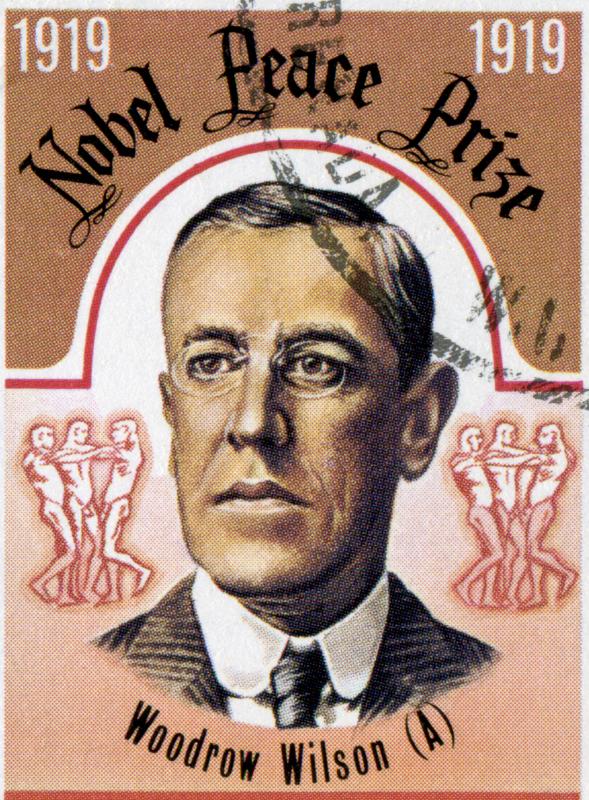At WiseGEEK, we're committed to delivering accurate, trustworthy information. Our expert-authored content is rigorously fact-checked and sourced from credible authorities. Discover how we uphold the highest standards in providing you with reliable knowledge.
In Politics, what is Brain Trust?
Brain trust is a term used to describe a group of close advisers, nearly synonymous with kitchen cabinet and think tank. All of those terms hold their origins in political history—Franklin Delano Roosevelt (FDR) had a brain trust, Andrew Jackson a kitchen cabinet—but have also been used to refer to a team of advisers in any context. Think tanks, for example, can be political organizations that brainstorm and conduct research, but they're also used in scientific and technological research as well as in various other fields.
The term brain trust originated in 1899, when the U.S. was politically concentrated on trust-busting, what the government called its efforts to break up unlawful monopolies. The Marion Daily Star, an Ohio newspaper, coined the term brain trust in one of its articles, asking, "Since everything else is tending to trusts, why not a brain trust?...Our various and sundry supplies of gray matter may as well be controlled by a central syndicate."

The term wasn't applied to any team of advisers, however, until FDR ran for president in 1932. FDR had been inspired by Woodrow Wilson to form a close group of intellectual minds to advise him on public policy. Wilson had, in 1917, formed a group of advisers, dubbed The Inquiry, to advise him on peace negotiations toward the end of World War I.
Following Wilson's example, FDR formed a tight-knit group of advisers to assist him during the presidential campaign, minds that would help the new president craft much of what would become the New Deal. A reporter for the New York Times, James Kieran, was the first to dub FDR's team a "Brains Trust." As the term became adopted nationally, it was shortened to brain trust. The group of advisers primarily consisted of Adolph A. Berle, Jr., Raymond Moley, and Rexford Guy Tugwell, three professors from Columbia University. After becoming president, FDR drew from a larger pool of advisers that continued to help him shape public policy.

Roosevelt's advisers may have been the first team to be called a brain trust, but it wasn't the first group of presidential advisers. There was Wilson's advising group, The Inquiry, but there have been other notable presidential advisers as well. Andrew Jackson used a group of unofficial presidential advisers, which were dubbed the Kitchen Cabinet. Jackson used his advisers—made up of newspapermen and personal friends—to help him on a number of issues. The term is a play on the president's official group of advisers, called the Cabinet, and was coined by political enemies of Jackson in an effort to slander his presidency.
AS FEATURED ON:
AS FEATURED ON:













Discussion Comments
The owner, publisher, and editor of the Marion, Ohio Star in 1899 was Warren G. Harding, later to be elected Senator for Ohio, and 29th President of the United States in 1920.
Post your comments